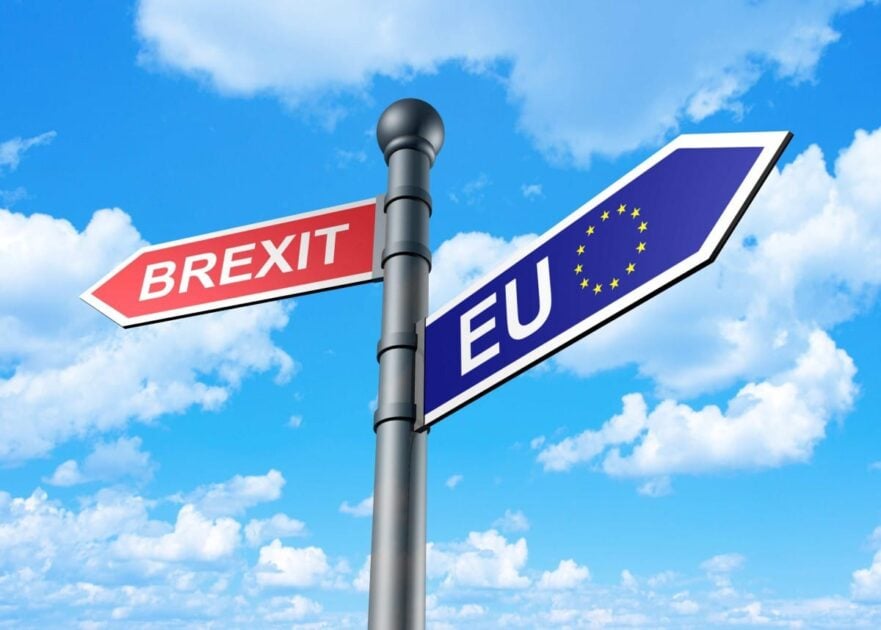Northern Ireland post-Brexit
Conal shares his thoughts on the position of Northern Ireland following the Brexit referendum

My name is Conal Browne and I’m twenty-two years old. I’m a child of the peace process, the first generation in Northern Ireland’s history to grow up without the threat of violence hanging over my future. I’m barely older than the North’s democracy and I’ve personally benefited hugely from the increasing political stability here, a stability to which I had grown accustomed, a stability that was shattered on Thursday June 23, 2016. The new uncertain world we are moving into is one which I am apprehensive about. Considering it is the centenary of 1916, I find this line from W.B Yeats more and more apt every passing day “All changed, changed utterly: A terrible beauty is born.”
Northern Ireland is the only place in the UK with an EU land border, a currently heavily reduced land border with the Republic. The state of this border is directly challenged by the Brexit result. The porous border is part of our economy's life blood. Our region’s economy is linked so deeply with the Republic that a return to a hard border and customs posts would be catastrophic. However, the border means far more than its huge economic impact to the people in Northern Ireland. To some it represents the line at which their United Kingdom starts. For me, the near invisible border makes my connection to my Ireland all the stronger and that is under threat.
I’m from and live in Bangor, the second biggest settlement in Belfast Lough. The coast dominates the town and surrounding country. Every day you are likely to see a new freight ship heading up the lough or the oil rigs under repair in Belfast’s harbour. Even though Belfast’s industrial peak lies in its past, the lough’s water is still the life blood for the regional economy here. The huge amount of goods moved through the port and our reliance on the harbour make me wonder did anyone consider our regional economy on the Leave side. I think not.
When we started our peace process and our long road to reconciliation, we recognised the principle of consent, that Northern Ireland’s position constitutionally should not change without the agreement of the Northern Irish electorate. On the 23rd of June, Northern Ireland voted to remain. Yet so far I have been angered by what we are seeing from Westminster, an unfolding crisis ready to run roughshod over the young democracy that exists here. Brexit threatens some of the key relations and principles set out in the Good Friday Agreement, placing the EU at the heart of the peace process through funding and through fostering the three strands of relations that helped bring us peace, Dublin-London, North-South and reconciliation in the North all have links to the EU through funding or through treaties.
It makes me feel pessimistic about the future of this place, that extra barriers to cooperation and solidarity could be erected between my Irish, British and European brothers and sisters. It makes me feel pessimistic that no economic plan for here has been created for this post-Brexit Northern Ireland. From our ports to our farms to our young people’s future, Northern Ireland stands in flux after Brexit “Changed utterly a terrible beauty is born.”






